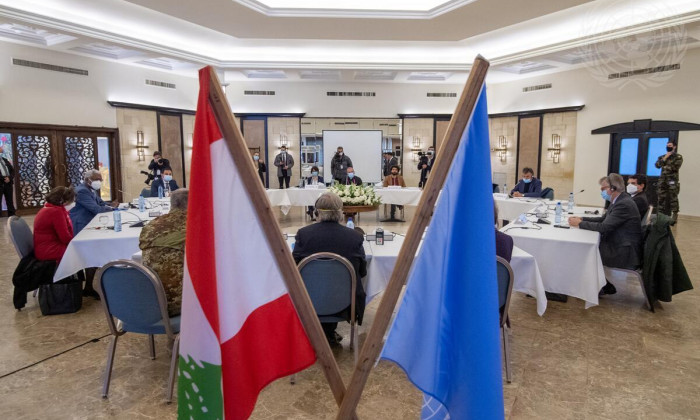Institutional Capacity and Governance
The capacities of governments and institutions in post-conflict countries are often weak. They fulfill the task to deliver basic services (such as security, health, education) to the population only to a limited extent. Hence, many peace operations aim at strengthening institutional capacities.
Hence, peace operations are mandated to engage in capacity building activities for the >Police, the justice sector (>Rule of Law) or public administration. Usually, activities include elements to guarantee good governance standards – they strengthen oversight capacities, enhance the transparency of public expenditure, or introduce anti-corruption measures. Partners and beneficiaries are parliaments, government ministries, regulatory authorities, and civil society organizations. The European Union Advisory Mission (EUAM) Ukraine, for example, supports a wide range of partner institutions in their efforts to reform the country’s civilian security sector.
Activities in the area of institution building and governance entail a broad spectrum of measures. Examples for peace operations with a mandate in this field:
- MONUSCO (Democratic Republic of the Congo)
- EUCAP Sahel Mali
- OSCE Mission to Bosnia and Herzegovina

A more recent task for peace operations is the “Extension of State Authority”, which means restoring or establishing state structures throughout its territory. This has been included into the mandates of the UN missions in Mali (MINUSMA, discontinued in 2024), the Central African Republic (MINUSCA) and Libya (UNSMIL). Especially MINUSMA and MINUSCA have aimed to establish public institutions in remote areas that should provide basic services to the population. This ‘peace dividend’ intends to foster societal trust in the state’s institutions and contribute to its longer-term stabilization.
OSCE field offices concentrate on bolstering the capacities of partner authorities and improving public service procedures. In Albania, Montenegro and Tajikistan they put particular emphasis on combatting corruption and money laundering. Typically, this is done by supporting national action plans and their implementation. In Bosnia and Herzegovina, as well as in Serbia, the OSCE presences advise on drafting laws and support transparency in budget planning, resource management and public accountability. A key measure to promote good governance is fostering dialogue between civil society and state authorities.
As of 29.08.2025